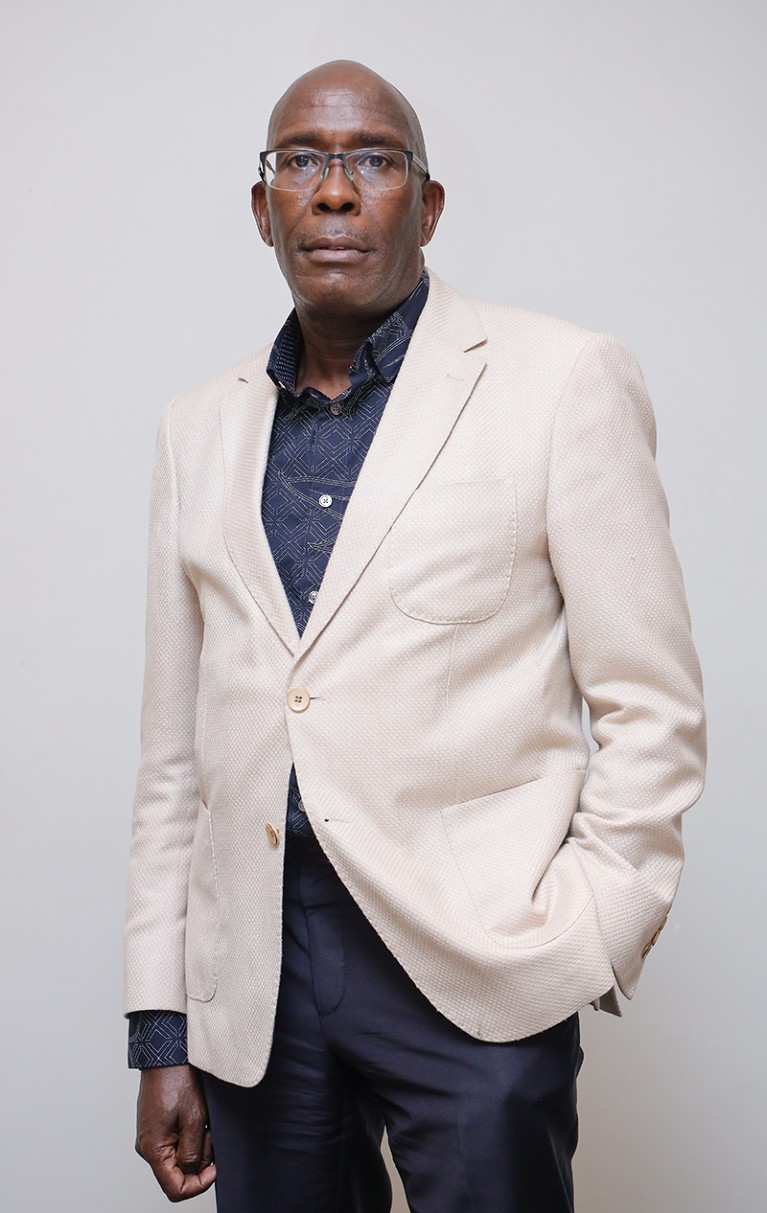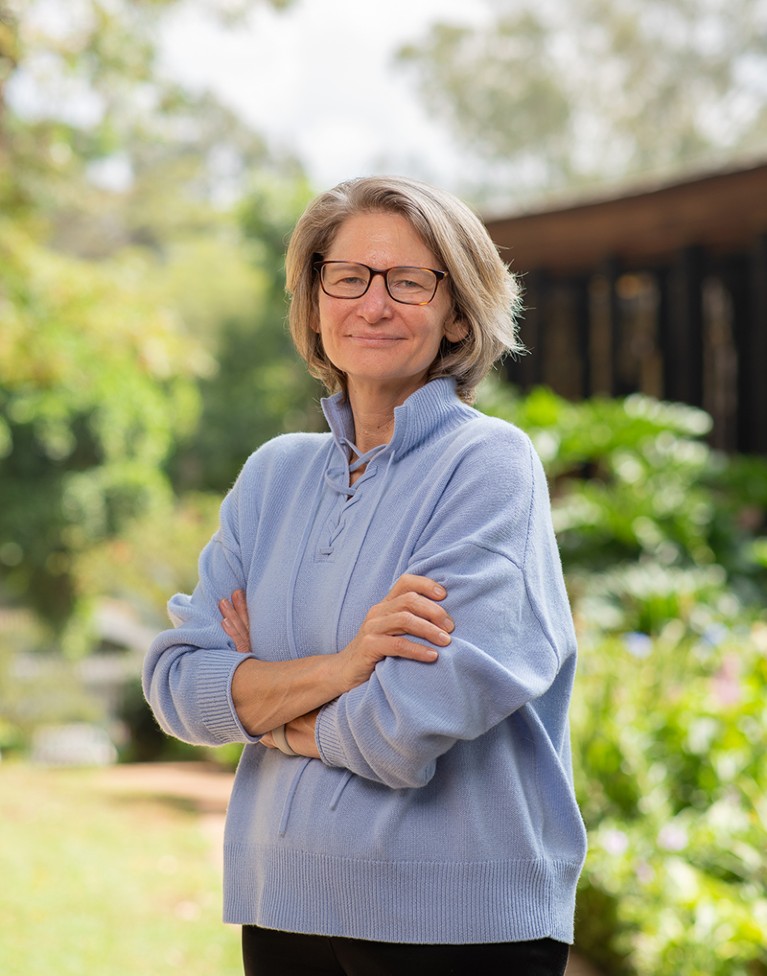When it comes to science communication, researchers in the global south face the same challenges as those experienced everywhere else in the world: if they feel that their career depends on publishing in a high-impact-factor journal, they can spend an inordinate amount of time and effort trying to make this happen. Submissions must conform to the journals’ demands in terms of length, output type, content, timing and copyright. Peer review can take months and, of course, might not result in acceptance. And research that is eventually published might be restricted by paywalls or require that authors pay a substantial fee to make their content open access.

Tom Kariuki.Credit: SFA Foundation
But for researchers in Africa, multiple additional layers, some subtle and others not so subtle, and often caused by unconscious bias, introduce yet more barriers.
Selective journals tend to favour big, ‘splashy’ results that are much more likely to be generated from resource-intense research environments. They also demand that submissions provide the sort of complete data analysis and ancillary documentation that results from the work of specialists, such as biostatisticians, that are integral to many research teams in the global north, but less so in the global south.
Many journal editors in the global north still carry the bias that although African labs might know about ‘African’ disease, they have less to offer when it comes to ‘developed-world’ disease. But although communicable infections such as malaria and HIV are, of course, still too prevalent in Africa, their proportional impact on public health is diminishing rapidly, whereas non-communicable diseases such as cancer, diabetes and cardiovascular ailments, are rising.
Another related belief, stated or otherwise, is that African researchers should dedicate their limited resources to translational and operational sciences, rather than basic, discovery science. Yet Africa has the greatest genetic diversity in the world, ripe for findings leading to precision-medicine strategies — which take into account patterns found in large data sets as well as a patient’s genomic information — that could be applied worldwide.
Journal editors in the global north spend much time networking at conferences with scientists from well-funded labs, mostly in the United States and Europe. African researchers have less access to these networks, owing to the financial cost and difficulties in accessing visas.

Elizabeth Marincola.Credit: SFA Foundation
There is also less of a culture of peer review in Africa than in the global north and African researchers are much less frequently invited to review manuscripts by selective journals. Active participation in peer review allows an early chance to view new findings and gives researchers an insight into how peer review works, for when they submit their own papers.
Finally, there is the straightforward scepticism of submissions from less renowned groups of scientists, a reaction often received by African researchers when they are subject to triage by journal editors in the global north.
Happily, the solutions will benefit not just African and other researchers in the global south, but also increase equity for all researchers.
We must refuse to submit ourselves to the tyranny of the impact factor — at best, an extremely biased measure of actual ‘impact’. Research leaders and administrators must strip journal titles from CVs when considering candidates for grant funding, hiring, awards or promotion. They must show leadership within their teams by encouraging submissions to open journals. Although an investigator’s publication record remains a good reflection of their impact, this can be measured by a variety of alternative metrics, such as views, downloads and collaborations.
Through the Science for Africa (SFA) Foundation, we have noted that quality science is a product of conducive and supportive research environments. Yet many researchers on the continent continue to work in under-resourced environments with poor or no infrastructure, including unsatisfactory buildings, a lack of state-of-the-art equipment and little or no access to technology platforms.
Nature Index 2023 North–south collaboration
In recognition of these challenges, the SFA Foundation has invested roughly US$100 million over the past two years in resourcing African institutions in more than 40 countries, helping them to develop the necessary infrastructure and environment, and human capital, to conduct quality research.
We also stress the importance of a ‘hub-and-spoke’ model, evaluating the progress of more-developed research centres in part by their ability to improve the contributions of related, interdependent, but less-developed institutions. This is shown in the second phase of the SFA Foundation’s Developing Excellence in Leadership, Training, and Science in Africa (DELTAS Africa) initiative, in which we ask ‘stronger institutions’ to partner with those with low capacity.
We must also value the importance of research publishing in an open environment. Open Research Africa — a partnership between the SFA Foundation and open-access publisher F1000, launched in 2018 — provides a rapid, open-access option with post-publication peer review, in which publication is not unnecessarily delayed, ownership rights are retained by authors and transparency prevails throughout the process. It offers a publishing home not just to SFA Foundation researchers, but to those associated with like-minded African science organizations.
At the core, however, African researchers are still dependent on global-north funding. This money flow, although welcome, leaves African researchers at the mercy of the priorities and values of others. African governments must make research funding a higher priority: if they don’t, this dependency dynamic will continue, further exacerbating an already unlevel playing field in research publishing.

 North–south publishing data show stark inequities in global research
North–south publishing data show stark inequities in global research
 Four global-south researchers making cross-border collaborations count
Four global-south researchers making cross-border collaborations count
 North–south country collaborations reveal untapped potential
North–south country collaborations reveal untapped potential
 Is the EU–Africa innovation plan toothless?
Is the EU–Africa innovation plan toothless?







